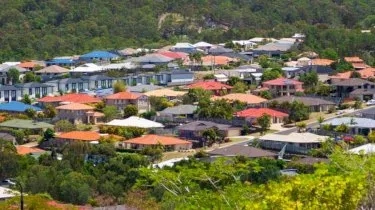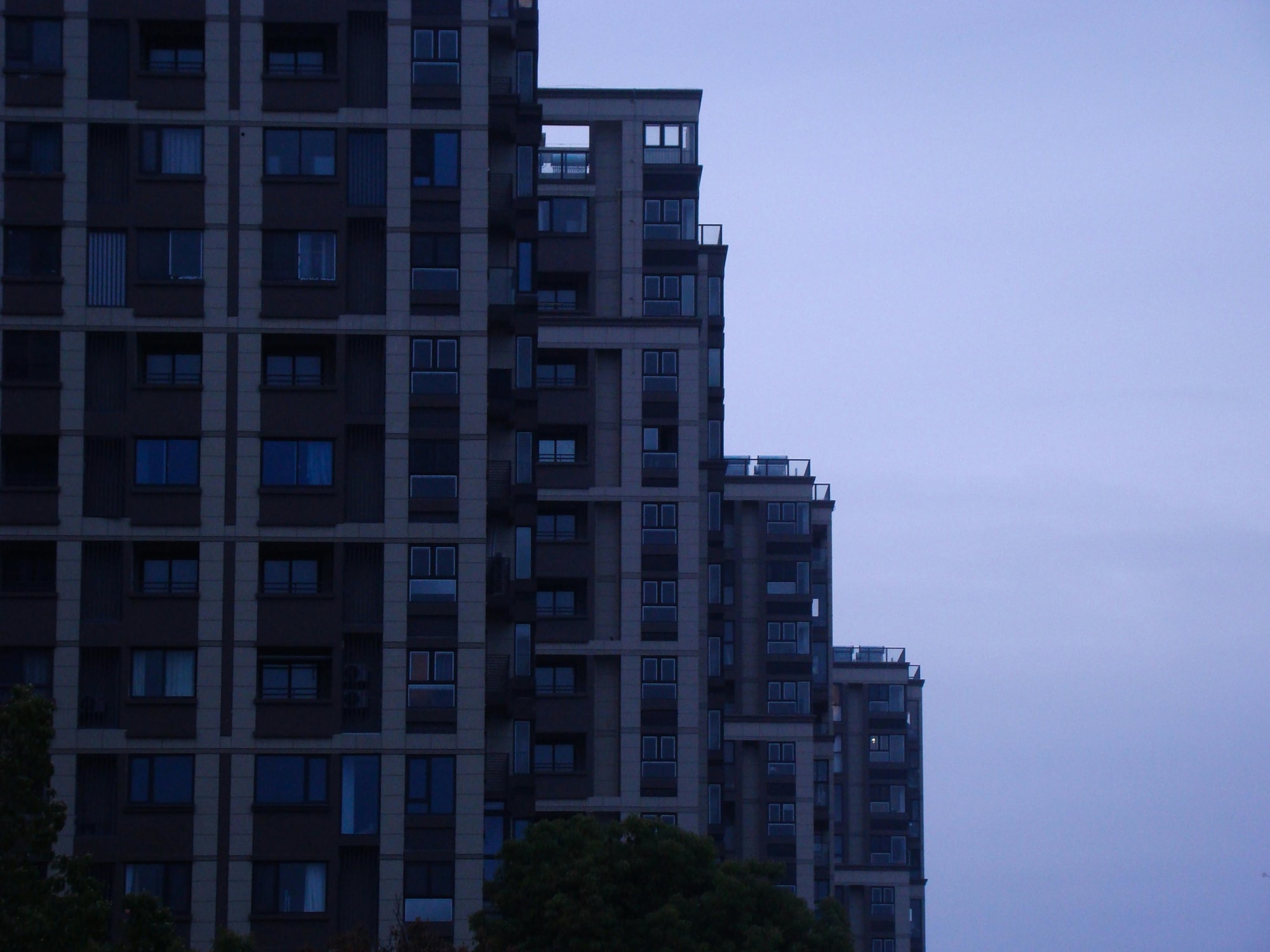Invest
Mortgage defaults linger as credit approvals fall further
Dwindling housing markets are expected to prolong the number of days borrowers are in arrears in 2019, while credit growth is expected to slow even further, presenting significant challenges for property investors.
Mortgage defaults linger as credit approvals fall further
Dwindling housing markets are expected to prolong the number of days borrowers are in arrears in 2019, while credit growth is expected to slow even further, presenting significant challenges for property investors.

According to Fitch Ratings’ Global Housing and Mortgage Outlook 2019 report, home loans will “remain delinquent for longer”, with properties in possession taking longer to sell amid weakening housing market conditions, which it said were triggered by the curb in lending and policy tightening.
Fitch added that it also expects delinquencies over 90 days to “increase slightly” to 70 basis points by 2020 but expects early-stage arrears (30 to 90 days) to “remain broadly stable” in 2019 at 60 basis points “even though lenders have modestly raised mortgage rates for investment and interest-only loans”.
The ratings agency added that mortgage performance would be “supported by slowing but still solid economic growth, decreasing unemployment and only gradually rising policy and mortgage rates”.
Further, the housing market correction expected in 2019 would be the worst of any other nation analysed in the report, the agency said, with Australia’s household debt-to-GDP ratio also higher than in any other economy listed in the report (121 per cent).

It predicted a further 5 per cent decline in dwelling values throughout the year, before stabilising in 2020.
According to Fitch, the most expensive quartile of properties has experienced the largest declines with prices dropping by 9.5 per cent peak-to-trough compared to the overall decline of 6.7 per cent.
Housing credit to slow further
Fitch has also forecast additional slowing in credit conditions, which it expects to ease further from growth of 5.1 per cent in the year to 31 October 2018 to 3.5 per cent.
Fitch said that the flow of credit would be hindered by a “conservative interpretation of regulatory guidelines” for mortgage serviceability in light of the financial services royal commission.
It believes Commissioner Kenneth Hayne’s final report, due to be released in February, would also trigger a new phase of credit tightening.
Fitch concluded that restrictions on investor lending, through regulatory tightening, government levies on foreign investors and state government taxes, would also weigh on credit demand.
The report coincides with the latest Housing Finance data from the Australian Bureau of Statistics, which has reported a 2.5 per cent fall in the value of home loan approvals in November 2018, in seasonally adjusted terms, driven by a 4.5 per cent decline in investor lending and a 1.4 per cent slump in owner-occupied lending.

Property
From intuition to instrumentation: How a "two-stakeholder" sales playbook lifted close rates and cut cycle times
High-stakes consumer purchases are increasingly joint decisions. When one partner is under-served, deals stall. This case study follows an Australian real estate group that rebuilt its sales motion ...Read more

Property
Selling in 2025: How to spot bad agents fast—and build an ROI-first vendor playbook
In Australia’s property market, choosing the wrong listing agent isn’t just inconvenient—it’s a textbook principal–agent failure that can wipe tens of thousands off your sale outcomeRead more

Property
Selling in 2026: How to de‑risk your agent choice and protect tens of thousands at settlement
Choosing the wrong selling agent isn’t just an inconvenience — it’s a balance‑sheet risk. In a market where digital discovery is concentrated and AI is recasting how listings are priced and promoted, ...Read more

Property
Rate resilience in Australian housing: why scarce supply is overpowering monetary tightening
Australia’s housing market is defying higher borrowing costs because the binding constraint isn’t demand—it’s supply. Brokers report persistent buyer competition and investor repositioning, while ...Read more

Property
Victoria’s $100m renter support push: what it means for landlords, proptech and the housing economy
Victoria has unveiled a new suite of rental support services, including a dedicated helpline for renters aged 55+, underpinned by a funding package widely reported at around $100 millionRead more

Property
The multigenerational home moves mainstream: where the next margin lives in Australian real estate
Multigenerational living is shifting from edge case to core demand driver in Australia’s housing market. For agents, developers and lenders, the commercial upside lies in rethinking product design, ...Read more

Property
Multigenerational living is moving mainstream: how agents, developers and lenders can monetise the shift
Australia’s quiet housing revolution is no longer a niche lifestyle choice; it’s a structural shift in demand that will reward property businesses prepared to redesign product, pricing and ...Read more

Property
Prestige property, precision choice: a case study in selecting the right agent when millions are at stake
In Australia’s top-tier housing market, the wrong agent choice can quietly erase six figures from a sale. Privacy protocols, discreet buyer networks and data-savvy marketing have become the new ...Read more

Property
From intuition to instrumentation: How a "two-stakeholder" sales playbook lifted close rates and cut cycle times
High-stakes consumer purchases are increasingly joint decisions. When one partner is under-served, deals stall. This case study follows an Australian real estate group that rebuilt its sales motion ...Read more

Property
Selling in 2025: How to spot bad agents fast—and build an ROI-first vendor playbook
In Australia’s property market, choosing the wrong listing agent isn’t just inconvenient—it’s a textbook principal–agent failure that can wipe tens of thousands off your sale outcomeRead more

Property
Selling in 2026: How to de‑risk your agent choice and protect tens of thousands at settlement
Choosing the wrong selling agent isn’t just an inconvenience — it’s a balance‑sheet risk. In a market where digital discovery is concentrated and AI is recasting how listings are priced and promoted, ...Read more

Property
Rate resilience in Australian housing: why scarce supply is overpowering monetary tightening
Australia’s housing market is defying higher borrowing costs because the binding constraint isn’t demand—it’s supply. Brokers report persistent buyer competition and investor repositioning, while ...Read more

Property
Victoria’s $100m renter support push: what it means for landlords, proptech and the housing economy
Victoria has unveiled a new suite of rental support services, including a dedicated helpline for renters aged 55+, underpinned by a funding package widely reported at around $100 millionRead more

Property
The multigenerational home moves mainstream: where the next margin lives in Australian real estate
Multigenerational living is shifting from edge case to core demand driver in Australia’s housing market. For agents, developers and lenders, the commercial upside lies in rethinking product design, ...Read more

Property
Multigenerational living is moving mainstream: how agents, developers and lenders can monetise the shift
Australia’s quiet housing revolution is no longer a niche lifestyle choice; it’s a structural shift in demand that will reward property businesses prepared to redesign product, pricing and ...Read more

Property
Prestige property, precision choice: a case study in selecting the right agent when millions are at stake
In Australia’s top-tier housing market, the wrong agent choice can quietly erase six figures from a sale. Privacy protocols, discreet buyer networks and data-savvy marketing have become the new ...Read more








